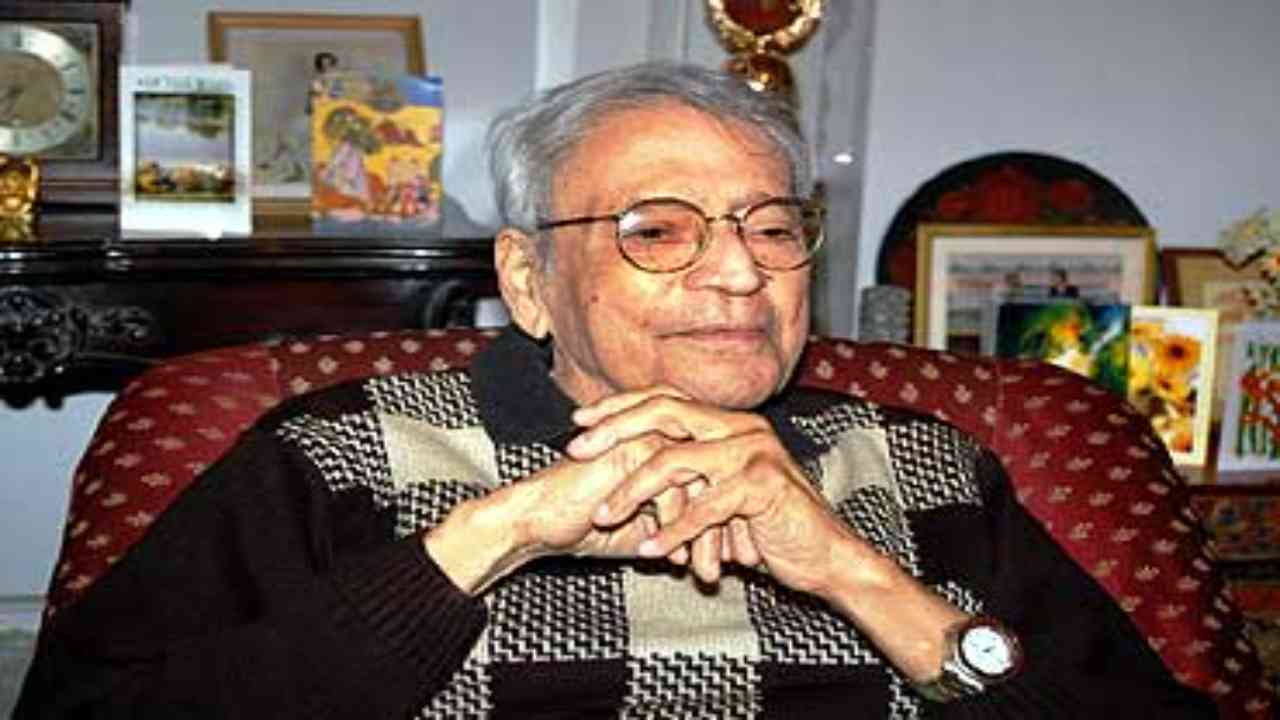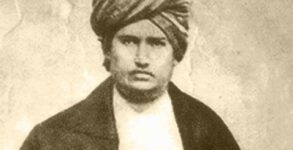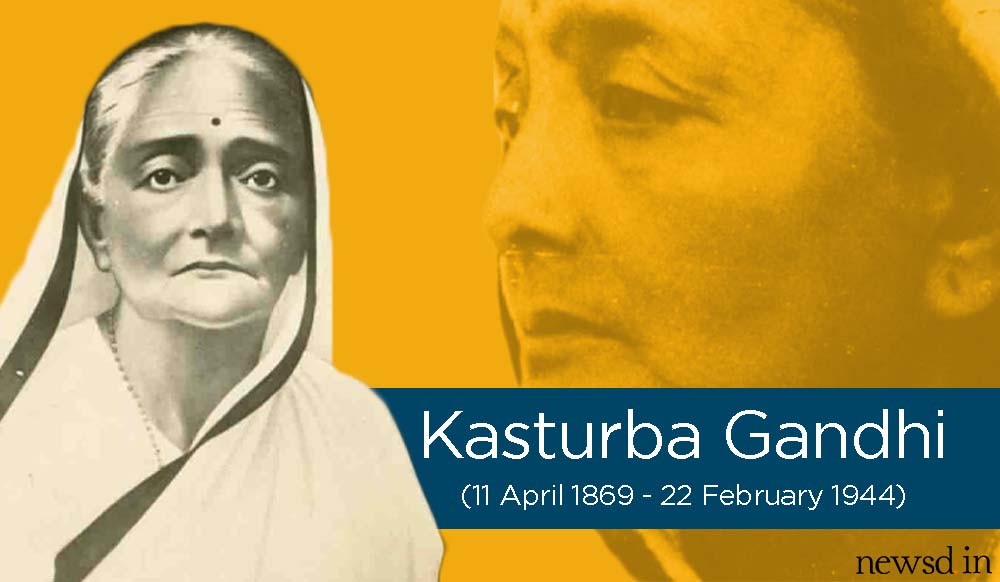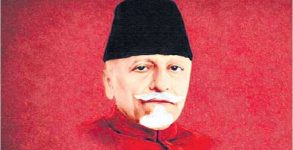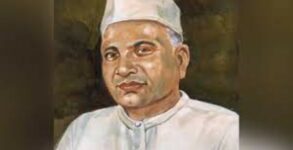Siddhartha Shankar Ray was a giant among pygmies, in the second half of the 20th century, there were few statesmen who played as decisive a role in transforming India’s destiny as Ray did. As Chief Minister of West Bengal, he ended the Naxalite menace. As Governor of Punjab, he turned the tide against Khalistani separatism. And as Ambassador to the United States, immediately after the Cold War had ended, he reset a broken relationship, helping to show Americans that democratic India was a natural ally.
His shadow on Bengal:
Calcutta and West Bengal had been wrecked by lawlessness and misgovernance after the indecisive 1967 Lok Sabha election, in which the Congress suffered setbacks in numerous states, following two years of nationwide economic stagnation. The Bangla Congress (led by Ajoy Mukherjee, brother of the CPI stalwart Biswanath Mukherjee) led a series of United Front governments that were thinly-veiled Communist power-grabs, frightening away capitalists from the state, and facilitating the sinister rise of Naxalism among college students, who provided the intellectual firepower for the guns and violence that began engulfing the state, rapidly extinguishing its industrial prospects already decimated by the unfair Freight Equalisation policy.
Siddhartha Shankar Ray was the Union Education minister at the time, introducing the three-language formula that was to give a fillip to literacy rates nationally over the next few decades. But India (particularly West Bengal and Assam) were being additionally buffeted by the rising crisis in East Pakistan, as the Generals sought to crush demands for Bengali autonomy with an iron fist.
Ray was increasingly pulled into tasks involving the two Bengals administering West Bengal after it came under President’s rule, and a diplomatic outreach to Sheikh Mujibur Rahman, once the latter won a resounding electoral triumph in the 1970 election (that gave him enough parliamentary seats to be Prime Minister of all Pakistan). But Pakistan’s dictator Yahya Khan refused to hand power to Mujib even in the east, instead unleashing the horrific genocidal campaign called ‘Operation Searchlight’ that officially aimed at killing three million Hindus and Bengali nationalists in East Pakistan in order to cow the rising tide of separatism there.
Siddhartha Ray played a pivotal role in supporting the Mujibnagar government, headed by Tajuddin Ahmed (once Mujib had been imprisoned by Yahya) and in coordinating the enormous task of providing succour to the 10-15 million refugees who poured into India as Pakistan’s military repression reached a crescendo.
Leaving his mark, from Punjab to US:
In the post-Emergency elections of 1977, Ray was swept aside in the anti-Indira tide. He then became one of the leaders, along with Brahmananda Reddy, seeking to rebuild the Congress with leaders and ideas that looked beyond Indira, Sanjay and the Emergency. That noble, if quixotic, quest was crushed amid the chaos of 1979-80, as stagflation and the Charan Singh interregnum led the electorate to hand the reins back to the Congress-I, with a new Cabinet that contained nobody (other than Indira) with any previous experience as a Union cabinet minister. Ray returned to his flourishing legal practice, becoming a leading senior counsel at the Supreme Court.
But the call of duty soon took Siddhartha Ray into the cauldron of yet another national crisis, as then-PM Rajiv Gandhi appointed him Governor of Punjab at the height of the Khalistan separatist crisis in April 1986. Working closely with Julio Ribeiro who led the Police force, Ray turned back the tide of terrorist insurgency in Punjab, fighting off the sinister Pakistani attempt at fomenting separatism in a key border state, serving with distinction until December 1989.
Then, in 1992, Siddhartha Ray became India’s ambassador to the US, serving during the last year of the George H. W. Bush presidency and right through the first Clinton term. During the Cold War, India had tilted to the Soviet Union (although officially non-aligned), but Ray established a deep rapport with the lawyerly couple of Bill and Hillary Clinton, putting in place the ingredients that would make India and the US natural allies. He shepherded PM Narasimha Rao’s enormously successful US visit that included a speech to a joint session of Congress after which he was hailed (quite rightly) as the Deng of India.

